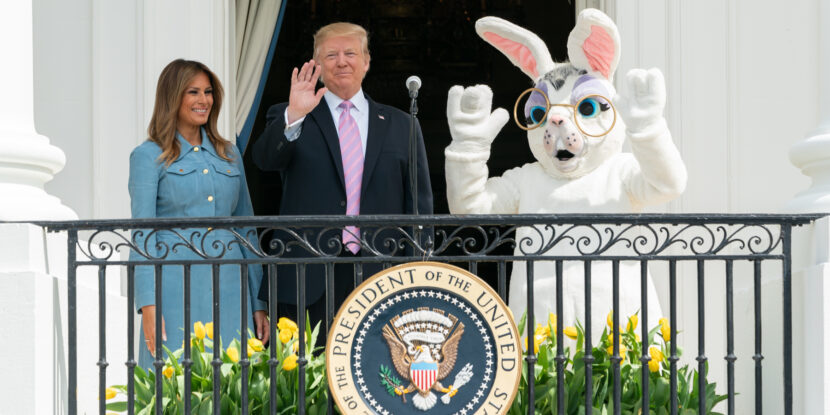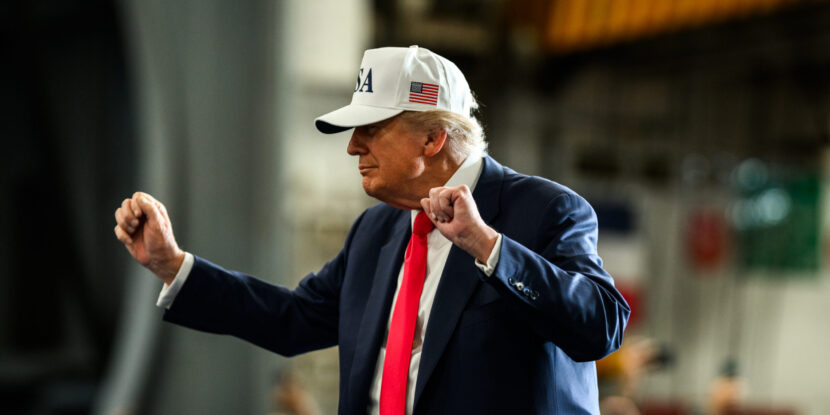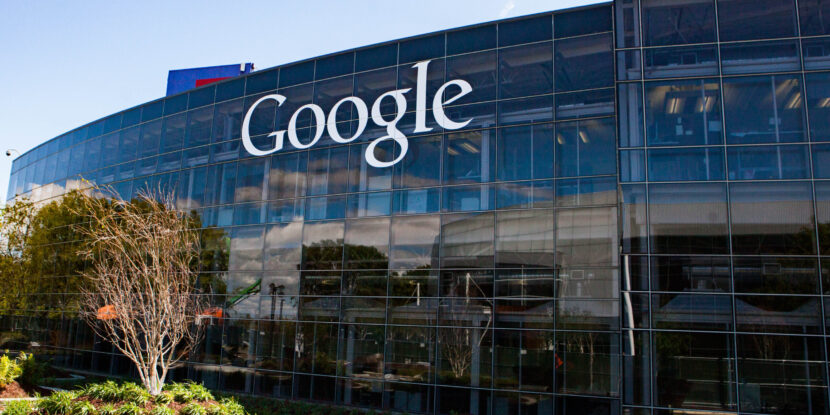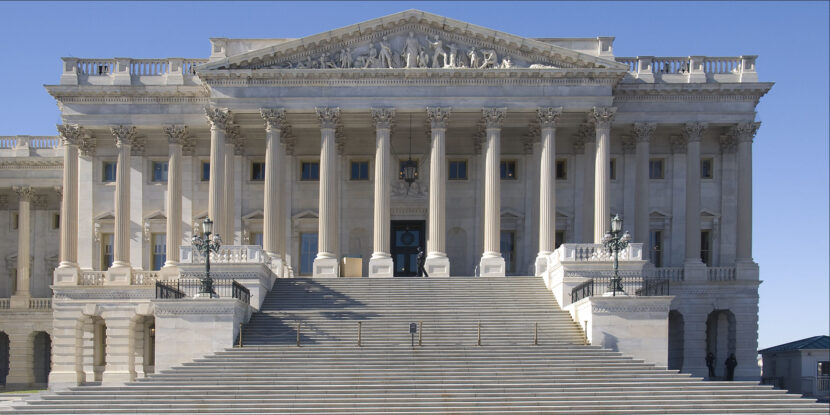PULSE POINTS:
❓What Happened: Legislation is being proposed to make Easter Monday a federal holiday in the United States.
👥 Who’s Involved: The proposal is spearheaded by Sen. Eric Schmitt of Missouri and Rep. Riley Moore of West Virginia.
📍 Where & When: The bill, introduced in the Senate, is currently referred to the Senate Judiciary Committee. Schmitt made the announcement on X (formerly Twitter), citing a 2023 poll.
💬 Key Quote: Schmitt described the proposal as “a federal recognition of a tradition central to Western civilization.”
⚠️ Impact: If passed, the change might increase economic activity by $2 billion and provide families with a three-day weekend.
IN FULL:
An initiative to make Easter Monday a federal holiday is gathering attention in Washington, spearheaded by Senator Eric Schmitt (R-MO) and Representative Riley Moore (R-WV). The proposed legislation could align the U.S. with countries like Canada and Australia, where Easter Monday is already recognized as a public holiday. Citing a 2023 survey by the National Retail Federation and Prosper Insights & Analytics, Schmitt emphasized that 81 percent of Americans celebrate Easter, suggesting the proposal is not radical but a continuation of widely observed traditions in many Western countries.
In a social media post, Schmitt highlighted Easter Monday’s potential benefits as a public holiday, reasoning that the holiday marks the only two-month gap in the federal holiday calendar. Acknowledging Easter’s variability—it falls between March 22 and April 25, according to certain ecclesiastical rules—Schmitt pointed out how designating the following Monday as a federal holiday could fill this gap and offer a needed three-day weekend for American families. He further argued that this decision would be “Pro-worker, Pro-family, Pro-faith.”
81% of Americans celebrate Easter.
But our current holiday schedule makes it way too difficult for families to celebrate together.
Easter falls on the longest unbroken work stretch of the calendar. (March and April are the only back-to-back months without a federal holiday). pic.twitter.com/g0057itmWm
— Eric Schmitt (@Eric_Schmitt) April 14, 2025
From an economic standpoint, Schmitt noted Easter weekend already contributes approximately $15 billion to the U.S. economy. A three-day weekend could potentially boost economic revenues by 10-15 percent, amounting to an additional $2 billion while strengthening family bonds.
Currently, there are 11 federal public holidays in the United States. Schmitt pointed out that Christmas is the only religious holiday that is federally recognized. The most recent addition to the federal holiday list was Juneteenth, which acknowledges the abolition of slavery and was signed into law in 2021.




















